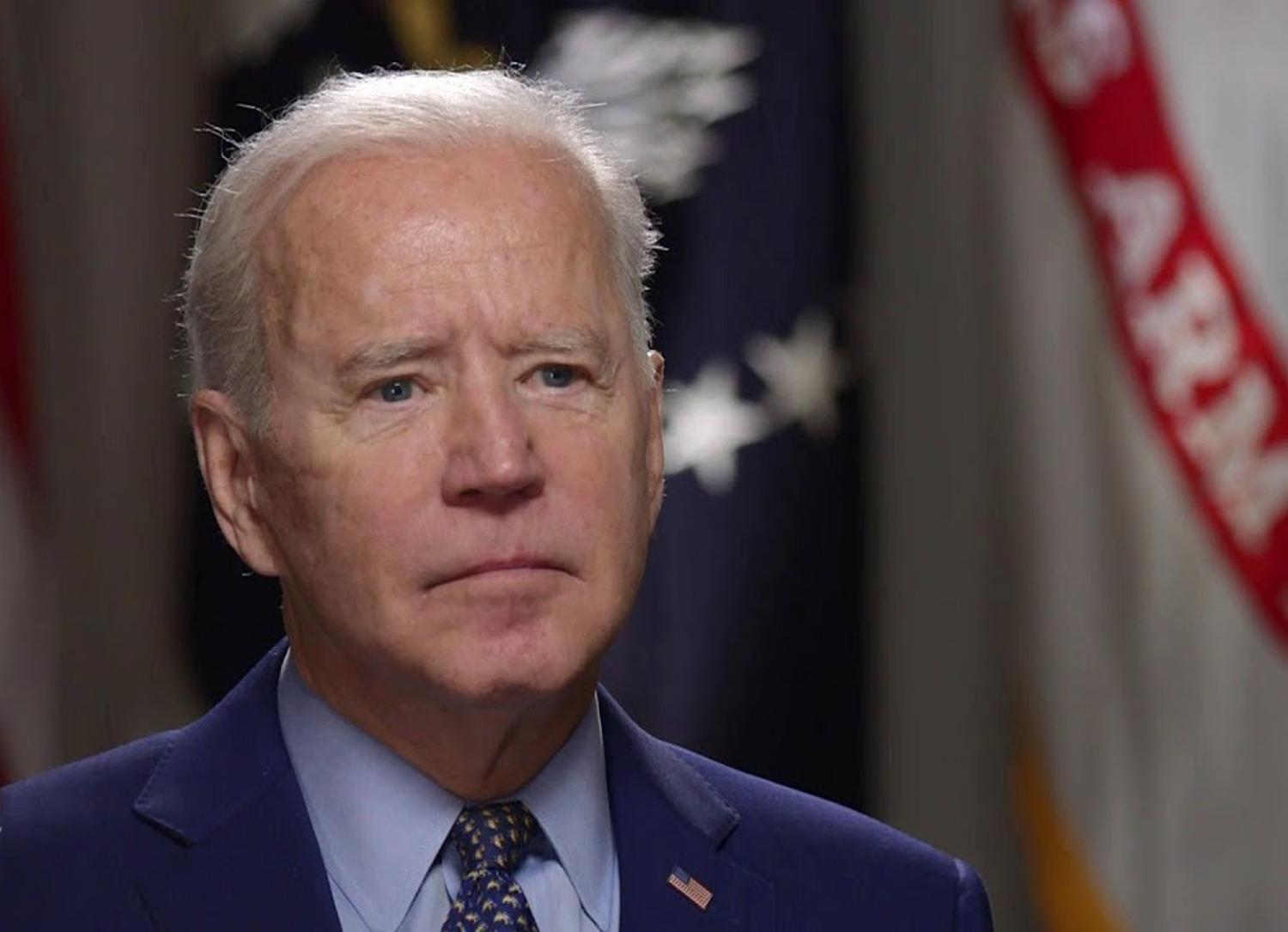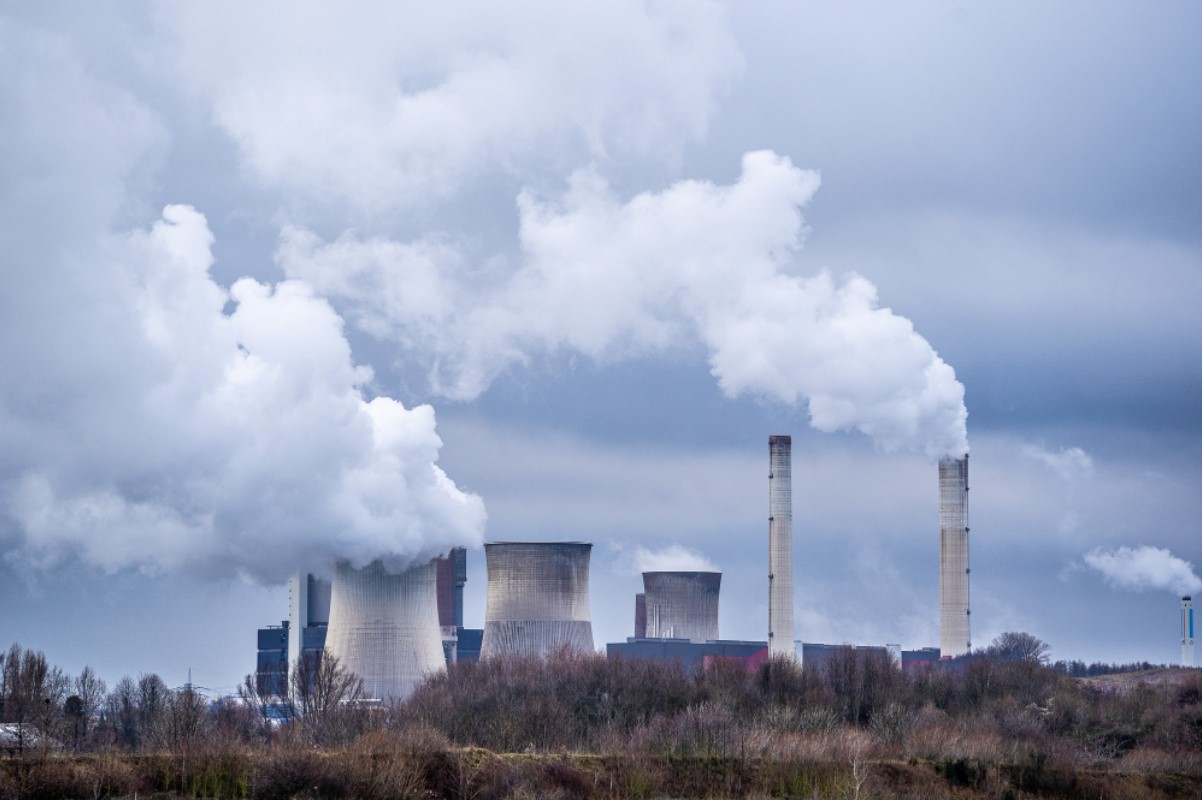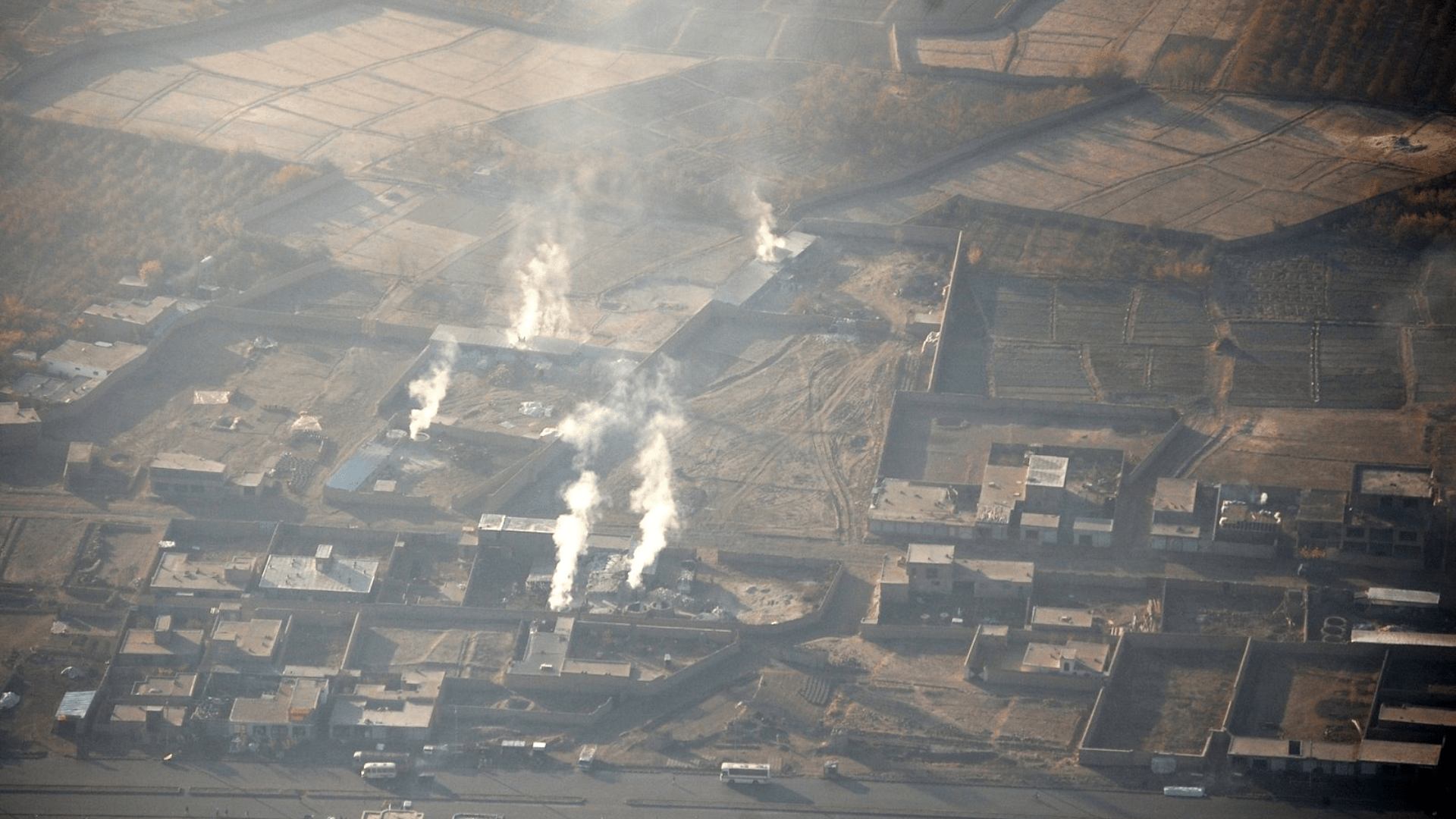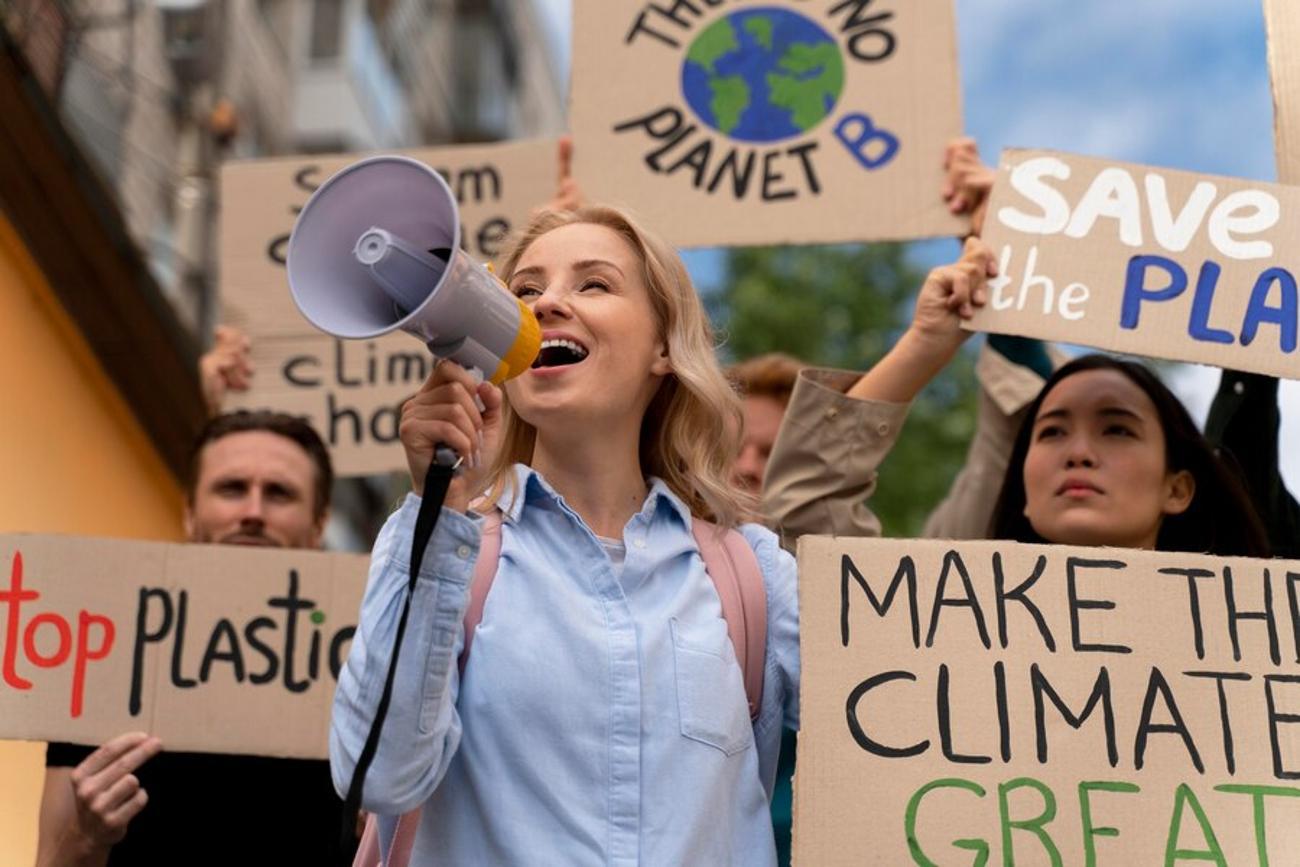Carbon capture is a technology designed to extract CO2 from the atmosphere or industrial emissions.
It’s seen as a promising tool in the fight against climate change. However, its effectiveness on a large scale remains debated among experts.
DOE’s Billion-Dollar Investments

From 2018 to 2023, the Department of Energy (DOE) reportedly funneled over a billion dollars into 654 carbon capture projects.
A recent Government Accountability Office (GAO) audit questions the return on these investments, raising concerns about fiscal oversight.
GAO Audit Findings

Freepik
The GAO’s audit revealed that many projects were not adequately evaluated for their climate impact.
This lack of scrutiny has led to questions about whether public funds are being effectively utilized.
Financial Risks and Mismanagement

An analysis of 40 specific carbon capture projects revealed that financially risky initiatives still received substantial funding. This has brought to light significant flaws in the Department of Energy’s (DOE) decision-making process and financial oversight.
Despite numerous red flags regarding the financial viability and long-term sustainability of these projects, funding continued to be allocated. The situation shows the need for a thorough review and potential overhaul of the current evaluation and funding mechanisms to ensure more effective use of resources and better alignment with long-term environmental goals.
Overly Optimistic Projections

The GAO criticized the DOE for its ‘overly optimistic’ approach to carbon capture projects, suggesting this led to unrealistic expectations and mismanagement.
The outlook likely caused poor fiscal management, project failures, and inefficient resource allocation, hindering carbon capture progress.
Costly Failures

One particularly glaring example is a $14.6 million investment in a carbon capture project that failed to meet expectations.
The project also experienced delays and budget overruns, costing an additional $5.1 million.
Need for Tighter Controls

The GAO recommends that the DOE improve its project selection criteria and conduct more thorough risk analyses.
These measures are essential to enhance the accountability and impact of future investments.
Leadership’s Response

Brad Crabtree, the US Assistant Secretary for Fossil Energy, has acknowledged the GAO’s findings.
He has committed to addressing the issues and improving management practices for future projects.
Historical Criticisms

This isn’t the first time the DOE has faced criticism for its carbon capture initiatives.
In 2021, auditors found that nearly half a billion dollars had been spent on projects that never materialized.
Future of Carbon Capture

Despite these hurdles, carbon capture technology stands as a significant resource in the fight against climate change.
The DOE is working to align its strategies with the lessons learned from recent audits.
Broader Implications

The scrutiny of carbon capture projects reflects broader concerns about the effectiveness of government spending on climate initiatives.
Ensuring that public funds are used wisely is essential for maintaining public trust and achieving climate goals.
Moving Forward

The GAO’s audit highlights the need for more rigorous oversight and better project management within the DOE.
By addressing these issues, the DOE can improve the effectiveness of its investments in carbon capture technology and better support the fight against climate change.








































